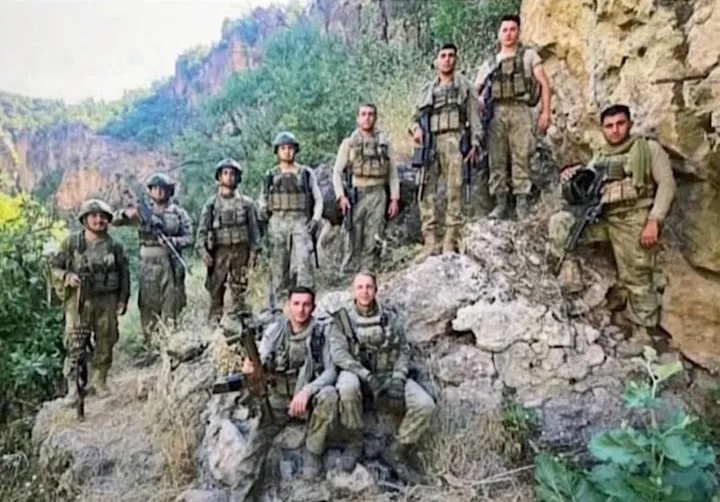Levent Kenez/Stockholm
The Turkish Armed Forces (TSK) have not provided a detailed or convincing account of the July 6 incident in which 12 soldiers including two officers died after being exposed to toxic gas inside a cave in northern Iraq. Despite official statements from the Ministry of Defense dismissing claims of negligence, serious operational inconsistencies and unanswered questions have sparked criticism of the army’s preparedness and competence.
According to accounts from military sources familiar with the incident and reported in Turkish media, the operation that ended in tragedy began in the early morning hours of July 6, when a team of 10 soldiers entered a cave as part of a planned search mission prompted by intelligence suggesting that the remains of a lieutenant who had died three years earlier were located inside. As the group advanced through the narrow corridors, two soldiers broke off to inspect a side chamber while the remaining eight continued deeper into the main passage. After a few minutes, the pair rejoined their unit and reported a strong, unusual odor inside the cave. Moments later, several soldiers were found unconscious, apparently overcome by toxic gas.
Efforts were made to alert the outside team, and additional personnel rushed in to assist. However, the rescue attempt quickly escalated into a second wave of casualties as those entering the contaminated cave were also affected by the gas exposure.
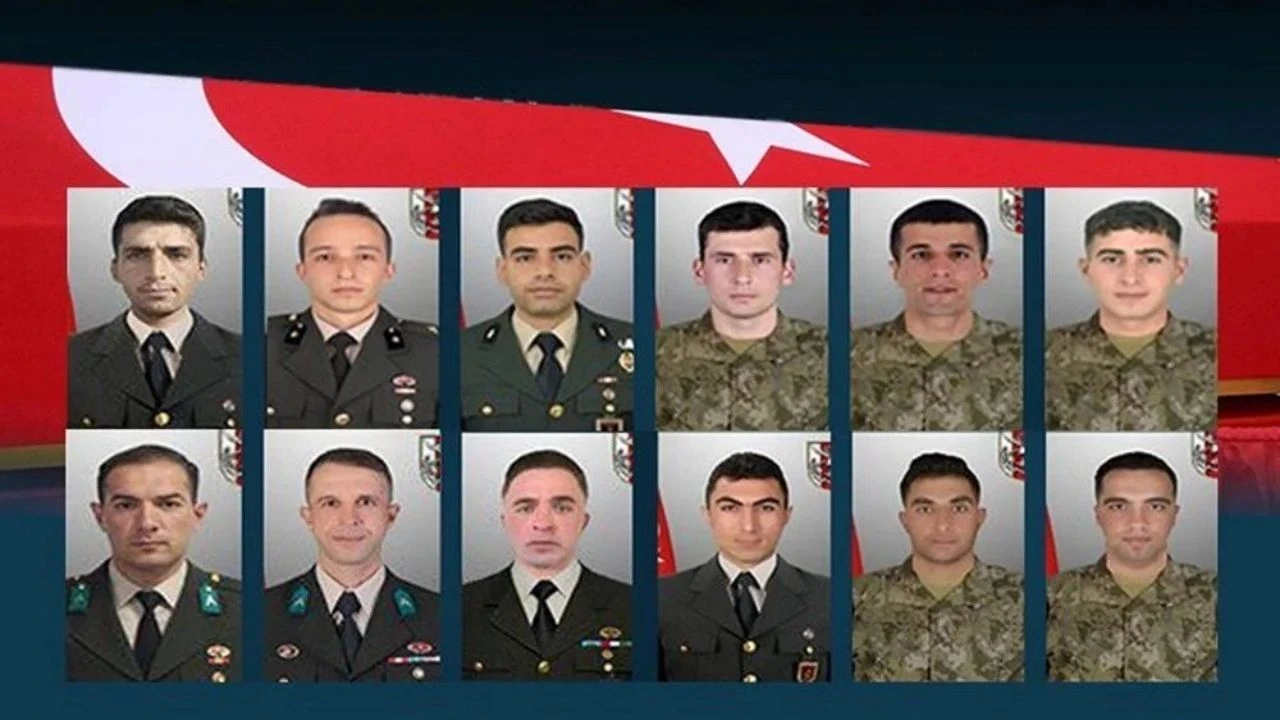
As news of the incident spread, senior officers including battalion and company commanders arrived at the scene and initiated emergency evacuation procedures. Health technicians from nearby bases along with civilian doctors were dispatched to the area. By late morning, five soldiers had been pulled from the cave; all were pronounced dead shortly after being removed. At that point, seven others remained trapped inside.
Teams from Turkey’s Disaster and Emergency Management Authority (AFAD) reached the location later in the morning. Their initial measurements indicated a carbon monoxide concentration of 1,000 parts per million near the cave entrance, an extremely hazardous level that rendered further immediate entry impossible. Hours passed before ventilation equipment was brought in. Around 3 p.m., large industrial fans were installed in an attempt to clear the toxic air. By early evening, one body located near the entrance was recovered, but the rest remained unreachable due to persistently high gas levels.
Rescue efforts continued through the night with limited progress. It was not until the early hours of July 7 that a civilian mine rescue team from Zonguldak, in northwestern Turkey, arrived at the site with advanced ventilation and safety equipment. After adjusting the airflow setup to increase oxygen circulation, the team was able to enter the cave. By 6:50 a.m., all remaining bodies had been located and extracted.
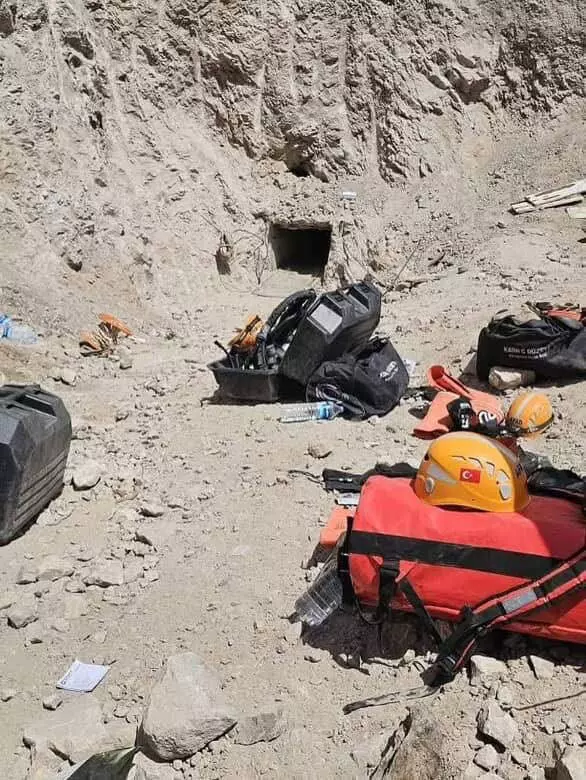
In its official statement, the Ministry of Defense described the incident as an “exceptional and unpredictable situation,” rejecting allegations of negligence or inadequate equipment. The ministry denied claims that the soldiers lacked gas masks or were sent into the cave without proper preparation and dismissed rumors of a cave-in, chemical weapons or hidden traps. It emphasized that prior to the incident, the cave had already been surveyed by explosives detection teams and specially trained dogs between July 1 and 5, suggesting that the environment had been deemed secure for entry.
Despite these claims, the ministry has yet to explain why specialized units such as the Special Forces Personnel Recovery Team — more experienced in high-risk confined operations — were not assigned to this mission. Military experts point out that sending an underprepared team into such a setting without gas detectors or masks indicates serious operational oversight.
Furthermore, there has been no explanation of why the army required the assistance of civilian miners from Zonguldak to extract its own personnel. Critics say this reliance reflects a major logistical and organizational failure within a force expected to be self-sufficient in combat rescue operations.
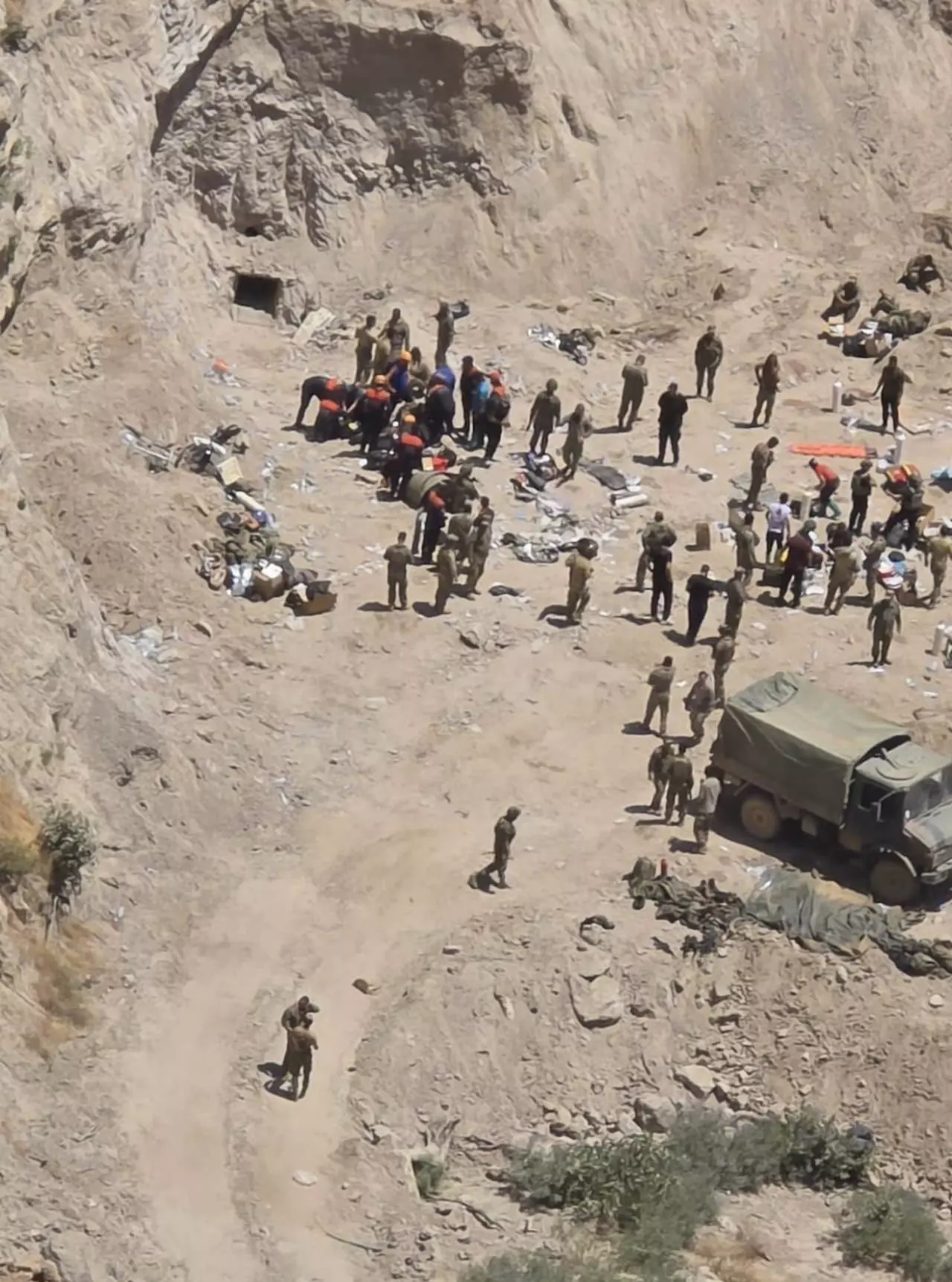
There are also contradictions in the official narrative. Initially, the ministry claimed that methane gas was responsible for the fatalities. Yet geological experts familiar with the region dispute the likelihood of methane accumulation in that type of terrain. Later statements from the ministry omitted any reference to methane gas, attributing the deaths solely to carbon monoxide. Experts strongly believe that the presence of carbon monoxide was the result of a fire inside the cave.
Questions surrounding the intelligence that led to the cave operation also remain unanswered. The mission was reportedly prompted by information suggesting the body of a lieutenant who died three years ago was located inside the cave. Officials have not disclosed who provided this intelligence or whether it was verified. Some have speculated that the information may have been a trap designed to sabotage ongoing peace talks with the outlawed Kurdistan Workers’ Party (PKK), which was reportedly planning a symbolic laying down of arms ceremony just days after the incident.
Adding to the confusion are rumors that gas previously used by Turkish forces in other cave operations may have caused a chain reaction or ignited a fire, contributing to the toxic environment encountered by the soldiers. The ministry has categorically denied all such speculation and labeled alternative narratives as attempts to discredit and undermine the TSK through systematic disinformation.
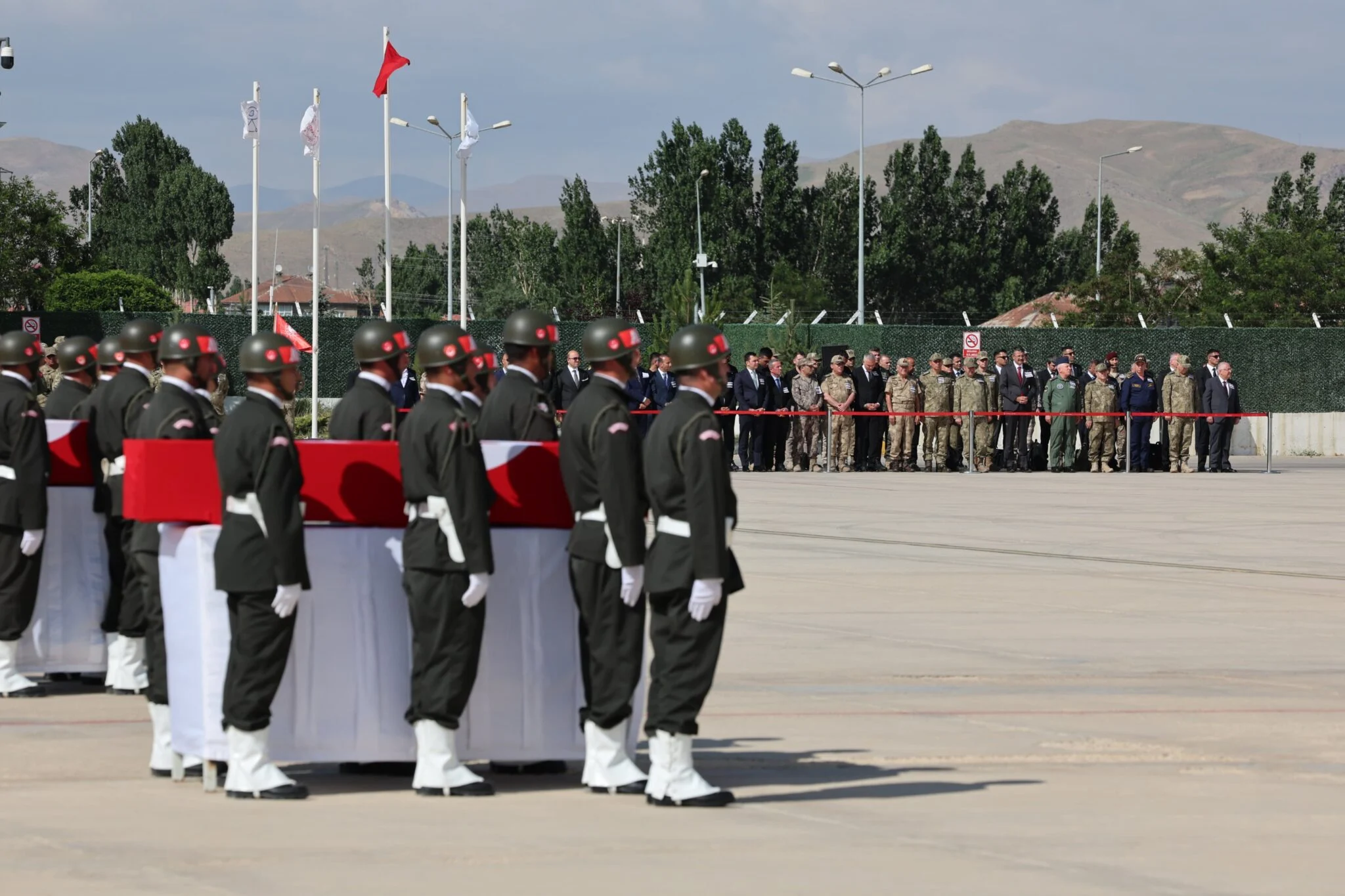
A parliamentary motion to investigate possible negligence related to the death of the 12 soldiers was rejected on July 8 by the ruling Justice and Development Party (AKP) and its partner, the Nationalist Movement Party (MHP).
Among the 12 soldiers who lost their lives in the cave operation was Specialist Sgt. Ümit Üzüm. During his funeral, his sister expressed strong criticism of both the military leadership and the government, openly rejecting the presence of any officials from the ruling party. She accused the commanders who authorized the operation of being responsible for the deaths and called for accountability, adding that her brother’s death had left behind a widow and three children.

